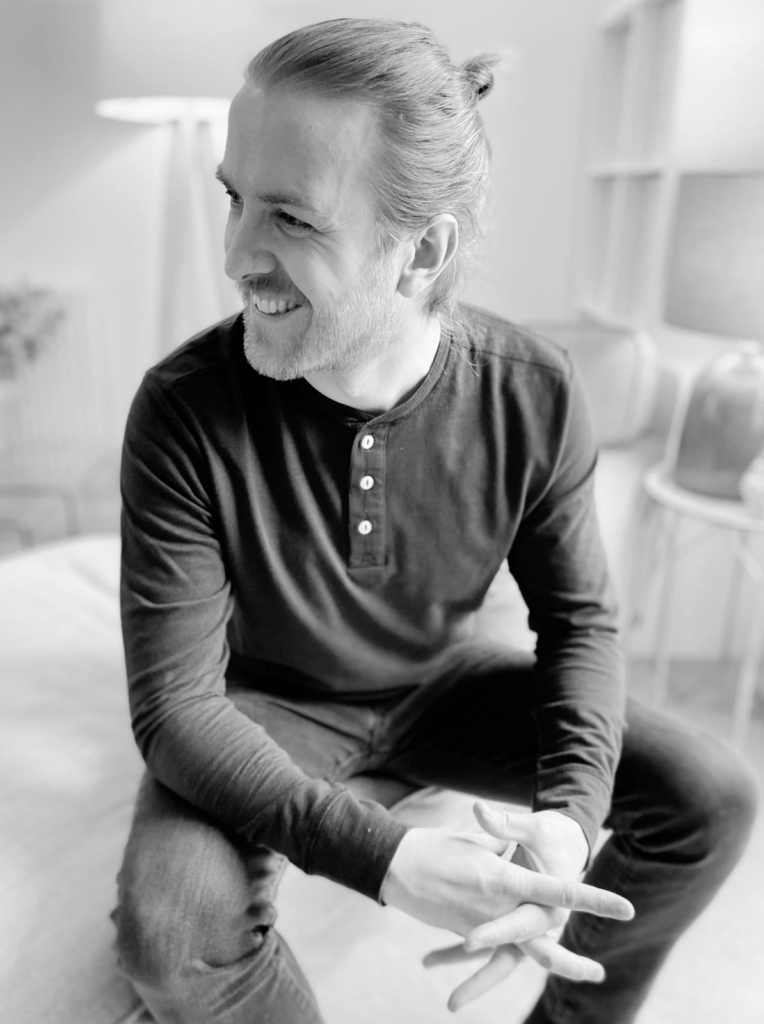Life Coaching is a profession that’s grown exponentially over the last 10 years. With organisations like The Coaching Academy in London, and figureheads like YouTube’s arguably most famous Life Coach, Tony Robbins who regularly advises the eight-to-ten-figure high net worth individuals — surely it’s time to ask the life coaching question for everyone else.
That question being: how can the principles and practice of life coaching be integrated for more people, and more strongly in the education, training and professional development sectors?
It’s important to understand the practice of life coaching, how it differs from traditional Continuing Professional Development/Education – and why a more holistic and balanced approach to coaching such as life coaching could very well create a wellbeing and achievement revolution in the education sector, for students, pupils, trainers and teachers alike.
After all – don’t teachers and trainers need a little support and coaching from time to time?
We spoke to Tom Paine, a Life Coach in Manchester UK, to discuss life coaching and how life coach practice could be useful in the ever-growing education and professional development sectors.
Hello Tom Paine. What is Life Coaching?
Tom Paine, Life Coach: “In its simplest form, Life Coaching is a solutions focused approach to personal development. A Life Coach will work with a client with the aim of enabling that person to create significant and long lasting changes in their life. This type of coaching aims to unveil a client’s true potential, to help them to live with more purpose. The ultimate goal is to improve the clients happiness and well being.
Life Coaching is beneficial because it promotes specific tools and techniques that people can use for the rest of their lives. For example, Life Coaching takes you through a process to uncover and then eliminate obstructive and destructive behavioural patterns that you may be completely unconscious of, patterns that are stopping you from living your best life!“
In researching another piece for the magazine with a medical professional, there was a saying that really stuck out as something that could also be applied to wellbeing and mental health for people within the education and training sectors, too. It was “eat your food as your medicine. Otherwise, you have to eat medicine as your food.”
In the same vein — if, as teachers and tutors, we don’t take care of our minds and don’t practice the kind of advice we often give to our students and pupils, we will end up eating our own words. So why are lecturers and teachers not predisposed to looking at life coaching as a practice that they can turn to?
The lifestyle and wellness movement – very much about to hits its peak – has undoubtedly helped to make life coaching more popular. It’s also helped move society towards building a work-life balance through the use of remote-working technologies – the tech that many were familiar with before the Covid-19 pandemic – has also since revealed what might be a long-offset mental exhaustion with trying to keep up with too many priorities.
This kind of stress is extremely common in the education and training sectors, and only seems to have increased with the removal of personal contact time. The Hill recently reported an increase in US teachers quitting and looking to change their careers. While it’s not up to a CEO or CLO to force someone to stay – it is still pertinent for the responsibility of stress reduction to be recognised, even as people leave the profession.
With life coaching being so readily available, is it time for education leaders to integrate this into their HR and personnel wellbeing programmes? And what can Chief Learning Officers, Chief People Officers and executives come to expect from a life coach’s practice?
Tell us more about your practice as a Life Coach:
Tom Paine, Life Coach: I had the idea for Tom Paine Life Coaching a few years ago when I knew that I wanted to move out of the corporate, sales industry. I thought I could use my core skills to better effect: helping people to overcome challenges in their lives to transform, to help them to become the best version of themselves, so I decided to become a Certified Life Coach. I had done a significant amount of personal development and growth and I wanted to help guide others looking to go on the same journey of improvement. I had found what inspired me!
The practice runs on a remote basis and I work with my clients one to one. The people I work with come from a range of different backgrounds and professions, but all share the same thing in common: they are all motivated to improve their lives. I speak to them every 2 weeks and we discuss their personal development, what they want to achieve and we form ways of taking their biggest goals down piece by piece.
A lot of the work I do is helping my clients to identify beliefs, values and motivations, that they didn’t necessarily know were there. Throughout my sessions, my clients experience many ‘light bulb moments’ that go on to change their lives, it’s amazing to see!
Tom Paine, Life Coach
Why should Life Coaching be used more in professional development settings?
Tom Paine, Life Coach: I feel Life Coaching should be used in a professional development setting, it has proven methods in helping corporate professionals to get more clarity on who they really are at heart, what their natural talents are, as well as the focusing on achieving their professional and personal dreams. Life Coaching is an incredibly powerful tool in helping people to become more productive, more confident and more inspired to achieve great things.
As the workforce look to ethical, and more balanced companies – those providing the most personalized resources for positive mental health are sure to win – and retain – the best talent. The same certainly goes for the education, training and professional development sectors.
But what about a real life experience in understanding and explaining why life coaching works in corporate training and professional development as an independent, yet available resource?
Tom Paine, Life Coach: My recent experience is that there is a real need for independent one on one coaching, outside of internal business set ups. Most of my clients come to me when they have become disillusioned with their careers, they feel lost and want to change. Others come to me looking to rediscover themselves and tap into their former glories, to access their old self who was more confident and happy. Working with a Life Coach helps professionals to gain clarity and confidence, so that they can have a successful future. This can only be good for someone who’s looking to improve.
Are there any principles from your work in life coaching that could be applied to education?
Tom Paine, Life Coach: Essentially, my work is to form personal development goals with the people who come to see me. I then give them the tools and techniques to ensure that they achieve those goals, however big or small. Typically, I am looking for my client to get to know themselves at a deeper level; what they truly desire, where their passions lie, what their inner genius is!


I think the education system could support such conversations at an earlier stage with children, where young people were given the tools used in Life Coaching at an earlier stage.
Imagine if a child knew what they were motivated by or what their core values were before then selecting what career to take or University degree to embark on.
Tom Paine, Life Coach
This is potentially a revolutionary take on the usual “citizenship” and “heath education” offerings that are typically provided in schools. Could a more holistic approach from a young age help a person more broadly as they grow up? The field requires more research, but preliminary findings suggest that any benefits gained from students’ and trainees’ positive wellbeing actually increased those of their teachers and trainers. A paper from the Journal of Affective Disorder showed this to be the case in 2019.
Beyond the safety net: perhaps it is now time for Chief Learning Officers to look to life coaching as a practice to integrate into their employee and student/trainee care settings.
How to get in touch with Tom’s Life Coaching practice:
- Email: tom@tompainelifecoaching.com
- Web: tompainelifecoaching.com
- Social: linkedin.com/in/tompainelifecoaching
- Call: +44(0)7730 550 594

